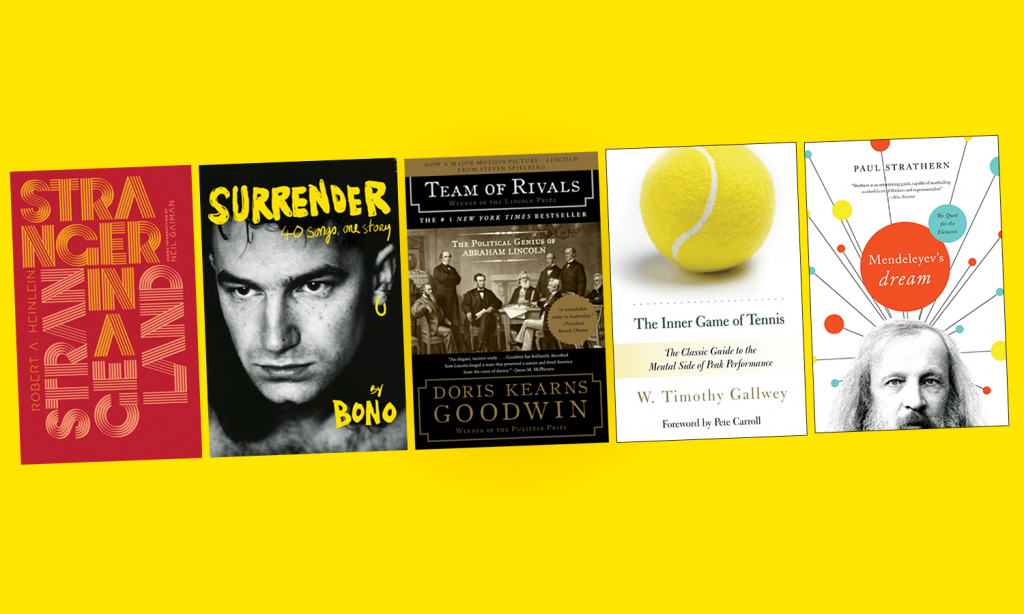
–Your Reading List for the First Half of 2023 | Image by The Alphabet
In a world brimming with book options, the quest for the perfect read can feel like an art in itself. There’s a particular charm to books that come with a strong recommendation, and that’s exactly what we’re bringing you today. These aren’t just any books; they’re carefully selected titles that have received the prestigious stamp of approval. As we journey through the pages ahead, you’ll have the chance to explore the reading list of exceptional literary works in the first half of 2023 that have left a lasting impact on the world of books.
Paul Bunyan: The Invention of an American Legend
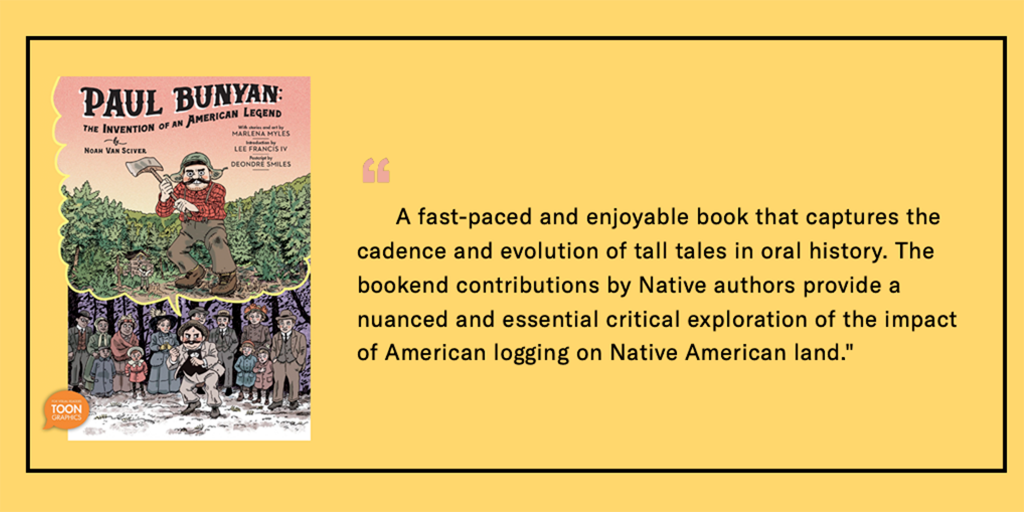
–Paul Bunyan: The Invention of an American Legend By Noah Van Sciver and Marlena Myles | Image by The Alphabet
In the graphic novel “Paul Bunyan: The Invention of an American Legend,” authors Van Sciver and Myles break down the Paul Bunyan story by focusing on its Indigenous origins and sensational beginnings. The story takes place in 1914 Minnesota, where a lumber advertising executive tells the well-known tale of Paul Bunyan during a winter day.
However, the story doesn’t get the usual applause; instead, it faces criticism for the environmental impact it reveals. Essays by Lee Francis and Deondre Smiles in the book delve into how the myth affected Indigenous communities and tied into economic and environmental shifts during America’s westward expansion. This book offers a new viewpoint on the famous legend, shedding light on its intricate history and effects.
Revolutionary Spring
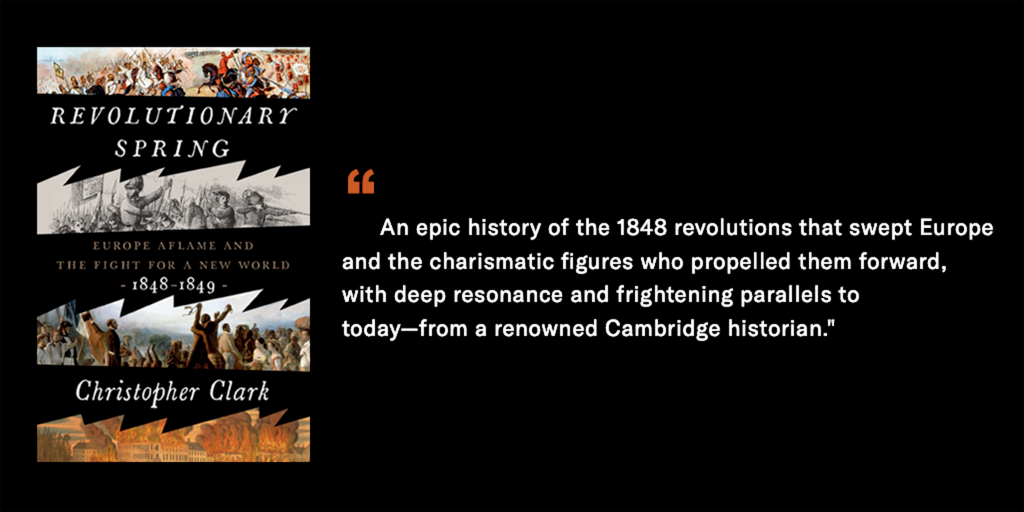
–Revolutionary Spring by Christopher Clark | Image by The Alphabet
In history, 1848 is often overshadowed by other revolutions, yet Europe was ablaze with conflict. Political turmoil swept across the continent, causing more significant change than before. Christopher Clark sees it as a crucial period where political ideas clashed and transformed, impacting social and economic liberty, democracy forms, and capitalism’s role in inequality.
1848 led to profound shifts in public life, administrative cultures, and politics. The revolutionaries posed questions still relevant today. Clark’s book, “Revolutionary Spring,” unveils charismatic figures and chilling parallels to our present, suggesting 1848’s lessons resonate now.
Close to Home
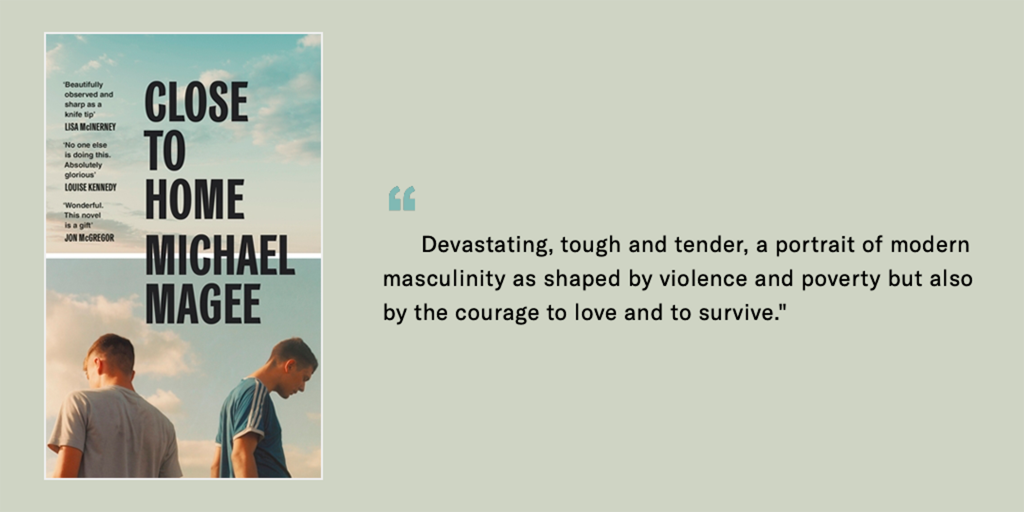
–Close to Home by Michael Magee | Image by The Alphabet
“Close to Home” presents the lives of Anthony and Sean, molded by their upbringing. Despite their mother’s efforts, Anthony remains resolute, while Sean is expected to escape his circumstances. Sean’s return home after university exposes a grim reality: Anthony’s drinking worsens, jobs in Belfast disappear, and Sean’s degree seems ineffective.
An incident at a party upends Sean’s life, sparking chaos. The novel delves into the consequences as Sean navigates his identity and confronts the impact of relationships. Michael Magee’s personal experiences inform the exploration of challenges faced by young working-class men, offering a narrative of self-discovery and strength within a city marked by its history.
Birth: Three Mothers, Nine Months, and Pregnancy in America
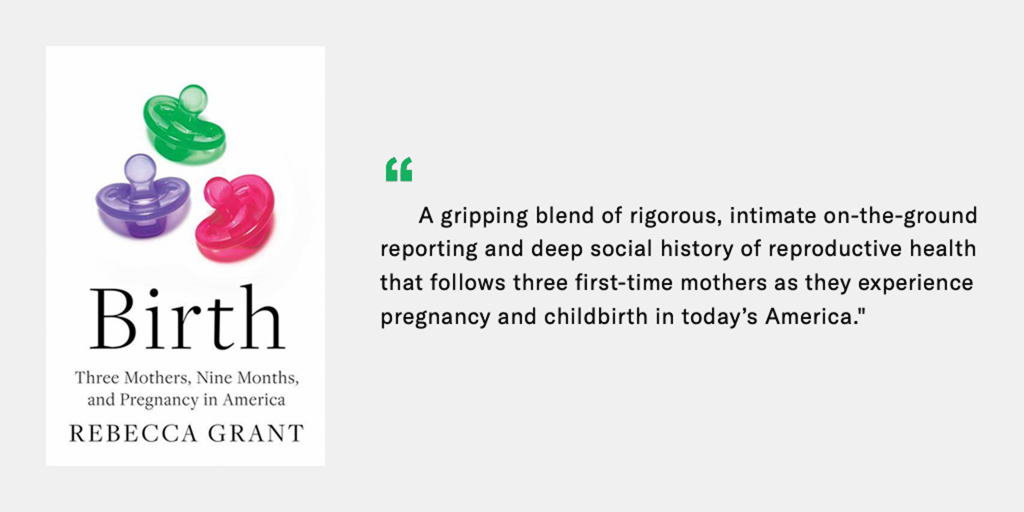
–Birth: Three Mothers, Nine Months, and Pregnancy in America | Image by The Alphabet
Dive into “Birth: Three Mothers, Nine Months, and Pregnancy in America,” journalist Rebecca Grant’s debut. This enlightening book follows three first-time mothers connected to Portland’s Andaluz Waterbirth Center. It illuminates their distinctive pregnancy, childbirth, and nascent postpartum experiences, offering profound insight into maternal healthcare in the US.
As we witness Jillian’s transformation from midwifery student to center manager, delve into T’Nika’s aspirations of nursing equality, and join Alison on her challenging pregnancy, Grant seamlessly interweaves personal stories with astute medical, legal, and cultural insights. Through this intimate yet informative narrative, she uncovers the intricate complexities of modern childbirth and the broader panorama of maternal healthcare, rendering it an exceptionally compelling read.
Blue Skies
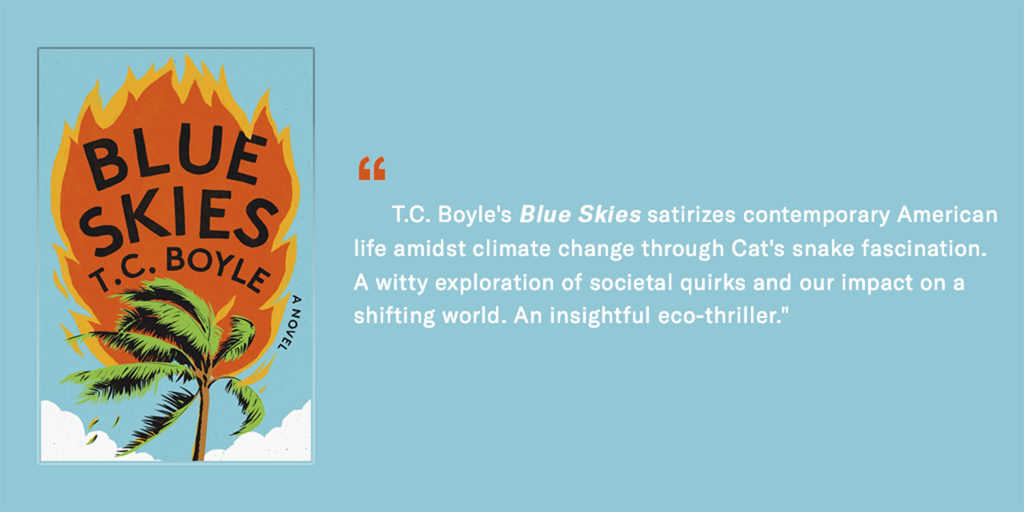
–Blue Skies by T. Coraghessan Boyle | Image by The Alphabet
“Blue Skies,” a novel by T. C. Boyle, satirizes contemporary American life amid climate change. The story follows Cat who, denied conventional desires, becomes fixated on owning a snake. When she loses the snake, a chain of dire events unfolds, threatening her survival. Set in a climate-altered world, the narrative highlights Cat’s family coping with relentless natural disasters.
Boyle critiques materialistic society and offers a warning about our planet’s future. The novel blends irony with foresight, exploring the deteriorating relationship between humans and the environment. Ultimately, it prompts reflection on our choices and their consequences.
Wonder Boy
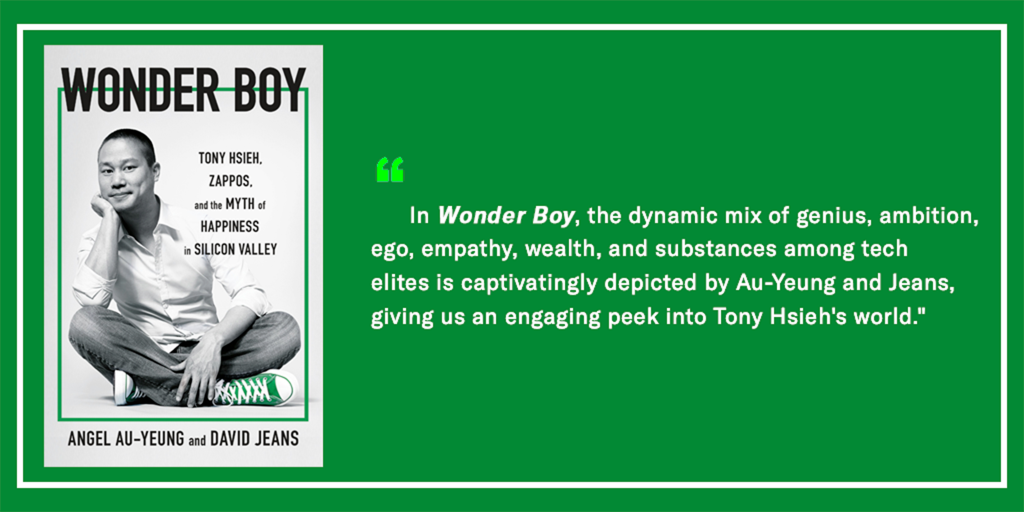
–Wonder Boy by Angel Au-Yeung and David Jeans | Image by The Alphabet
Debuting authors Au-Yeung and Jeans present a detailed and compassionate biography of Zappos founder Tony Hsieh in their book “Wonder Boy: Tony Hsieh, Zappos, and the Myth of Happiness in Silicon Valley,” tracing his journey from a Silicon Valley genius to his tragic demise in 2020. Born to Taiwanese immigrant parents in Northern California, Hsieh exhibited an early knack for money-making, including launching his own newspaper during middle school.
The narrative delves into Hsieh’s establishment of Zappos in 1999, his relocation to Las Vegas, and the subsequent sale to Amazon. Amid these milestones, the authors sensitively explore his deepening struggles with addiction and mental illness. The empathetic portrayal, enriched by extensive research and an engaging storytelling style, keeps readers captivated throughout this gripping account.
Fat Time and Other Stories
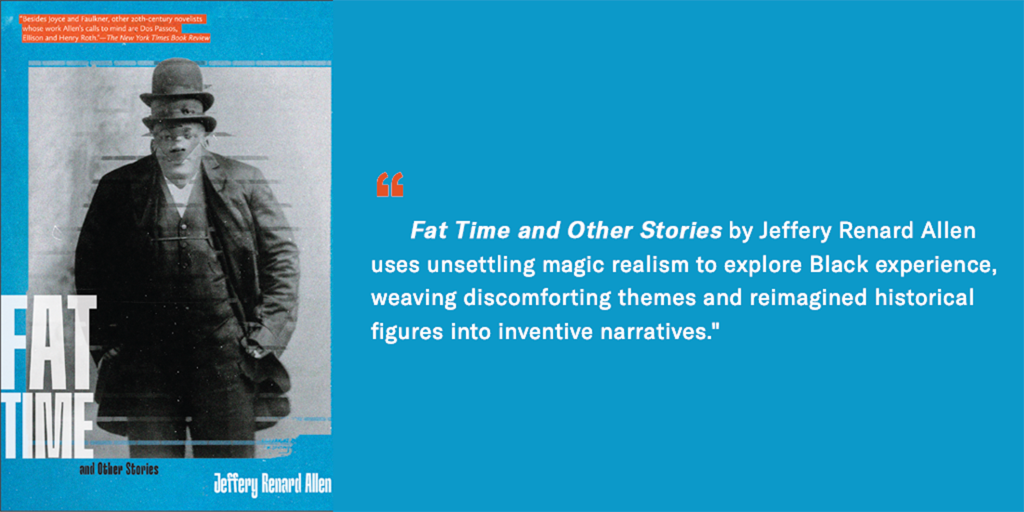
–Fat Time and Other Stories by Jeffery Renard Allen | Image by The Alphabet
“Fat Time and Other Stories” by Jeffery Renard Allen reimagines iconic figures like Jimi Hendrix, Francis Bacon, Jack Johnson, Miles Davis, and Muhammad Ali to illuminate America’s evolution from the 20th to the 21st century. Guided by Allen, these characters offer insights into the nation’s journey.
The collection weaves poignant portrayals of Black urban life with speculative history, all within the framework of African circular time. Amid these narratives, a delicate equilibrium balances the natural and supernatural, sacred and profane, real and fantastical, and creation and destruction. Extending the legacies of Ellison, Faulkner, Roth, and Reed, Allen’s work forges a unique path in American literature. “Fat Time and Other Stories” showcases his boundless creative depth, offering a window into painful realities.
Countries of Origin

–Countries of Origin by Javier Fuentes | Image by The Alphabet
In Javier Fuentes’ 2007 novel “Countries of Origin,” Demetrio, a renowned pastry chef in New York, faces a pivotal decision due to his undocumented immigrant status: whether to leave his job or not. Opting for a prestigious role, he chooses to return to his homeland, leaving behind his sole family, Uncle Chus. During his journey, a chance encounter with Jacobo, a NYU student on his way to his aristocratic Spanish family, sparks an unspoken but profound connection.
Set against the backdrop of Madrid, their understated yet profound relationship unfolds as they navigate questions of identity, sexuality, and societal divides. Following a family tragedy, their paths cross again, compelling them to confront both their feelings and histories. The novel artfully delves into themes of identity, love, and belonging in the context of two disparate worlds.
Knowing What We Know
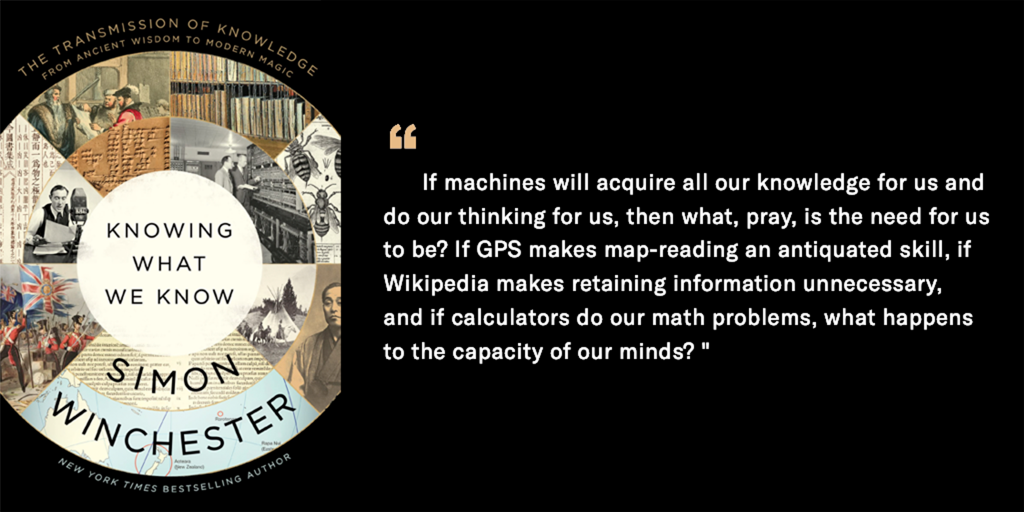
–Knowing What We Know by Simon Winchester | Image by The Alphabet
In the introduction of Simon Winchester’s book “Knowing What We Know,” he shares a childhood memory from the late summer of 1947, when he was nearly three years old, recalling a painful encounter with a wasp that left a lasting impression. This personal recollection serves as a symbolic representation of the book’s overarching theme: the transfer of knowledge from various sources into human minds and the evolving methods of dissemination throughout history.
As Winchester explores a range of topics within the scope of his book’s title, including the neurological aspects of memory, teaching methods, libraries, and ways of sharing information, he raises thought-provoking questions about the nature of knowledge. However, while he delves into these subjects, Winchester doesn’t provide definitive answers to more complex queries, such as how traumatic experiences, like the vividly remembered wasp sting, might influence memory and shape individuals’ beliefs.
The Theory of Everything Else: A Voyage Into the World of the Weird
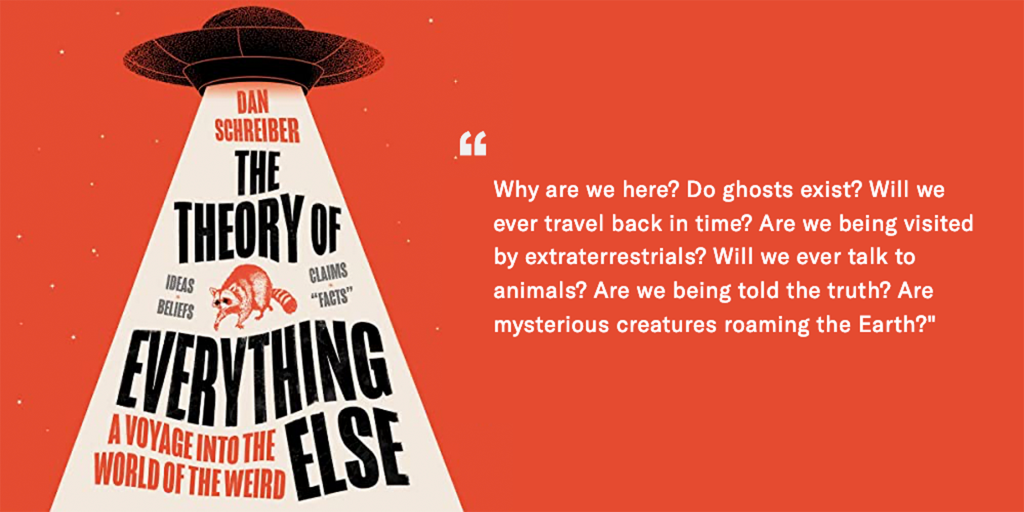
–The Theory of Everything Else: A Voyage Into the World of the Weird by Dan Schreiber | Image by The Alphabet
Dan Schreiber’s book “The Theory of Everything Else: A Voyage Into the World of the Weird” stands out as a diverse exploration of peculiar beliefs that have spanned centuries. Amid the rise of search engines that led to the decline of such reference works, Schreiber’s compilation offers a unique blend of historical oddities, ranging from hollow-Earthers and plant-talkers to eccentric inventors and bizarre theories. Through this eclectic mix, Schreiber captures the essence of humanity’s enduring fascination with unconventional ideas and challenges readers to navigate the fine line between curiosity and skepticism.
Whalefall
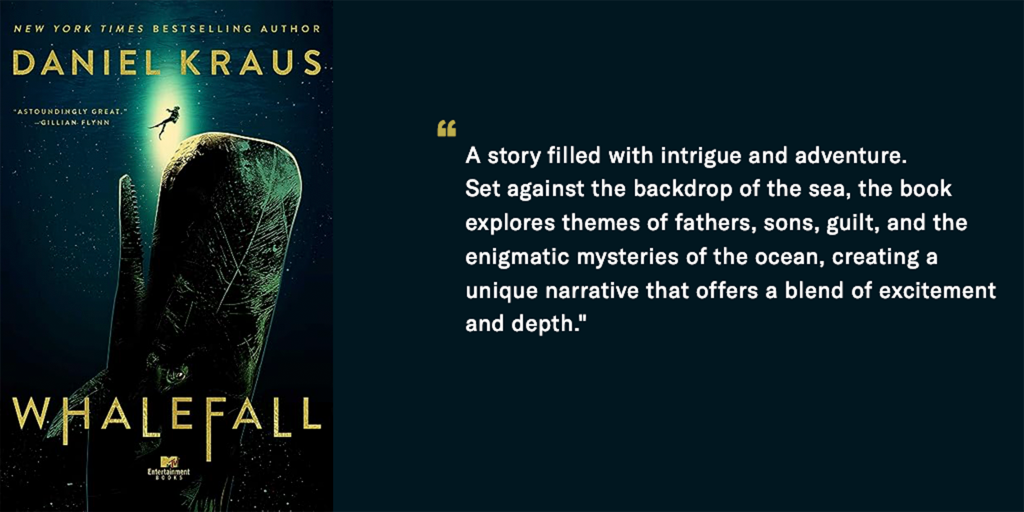
–Whalefall by Daniel Kraus | Image by The Alphabet
In marine biology a whale fall is the body of a dead whale that has slowly descended to the bottom of the ocean. Scavengers strip its flesh, crustaceans and other creatures colonize its skeleton and its decaying bones help sustain countless organisms for years to come, part of the delicate balance of the undersea ecosystem.
It’s lovely, and in keeping with the majesty of the species, that in death a whale bestows life. Daniel Kraus’s thrilling new novel,“Whalefall,” spins the concept into a crazy, and crazily enjoyable, beat-the-clock adventure story about fathers, sons, guilt and the mysteries of the sea. That much of the action takes place in an absurdly improbable settings — inside the various stomachs of a 60-ton sperm whale, where a scuba diver has been trapped after being inadvertently swallowed for lunch — well, that only adds to the book’s brash allure.
You Have to Be Prepared to Die Before You Can Begin to Live
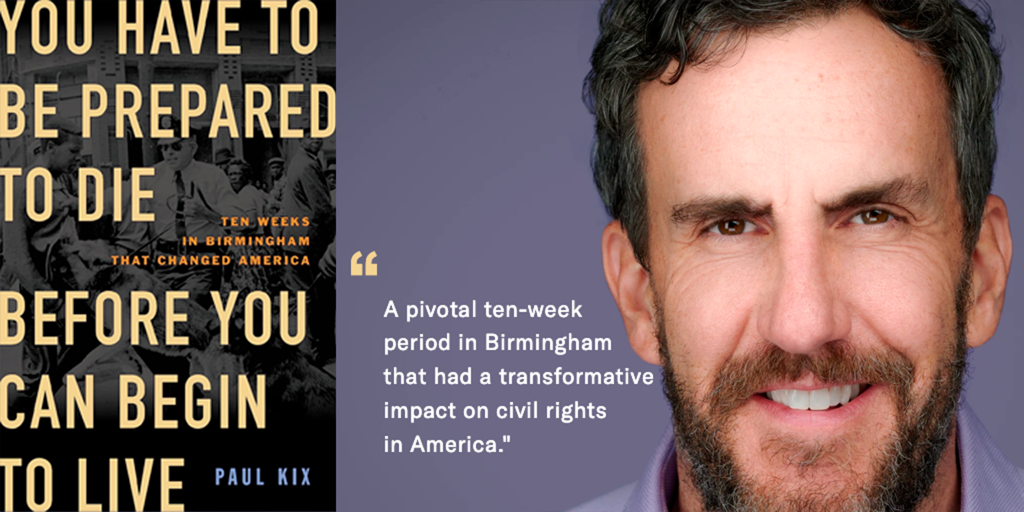
–You Have to Be Prepared to Die Before You Can Begin to Live: Ten Weeks in Birmingham That Changed America | Image by The Alphabet
Paul Kix, a well-known journalist and the author of the exciting biographical thriller “The Saboteur,” which tells the story of a heroic French Resistance figure during World War II, doesn’t delve into the detailed scholarly debates about the history of racial politics in the United States. In his new book, You Have to Be Prepared to Die Before You Can Begin to Live: Ten Weeks in Birmingham That Changed America, he prefers for character development and edge-of your-seat drama.
Through meticulous research and vivid storytelling, this book chronicles the remarkable ten-week period in Birmingham that played a pivotal role in reshaping the landscape of civil rights and social justice in the United States. By capturing the intricate tapestry of events, courageous individuals, and powerful movements that unfolded during this transformative era, the book offers a comprehensive and insightful exploration of the profound impact that the struggle for civil rights had on shaping the nation’s consciousness and paving the way for lasting change.
